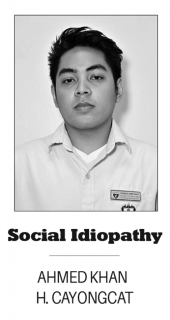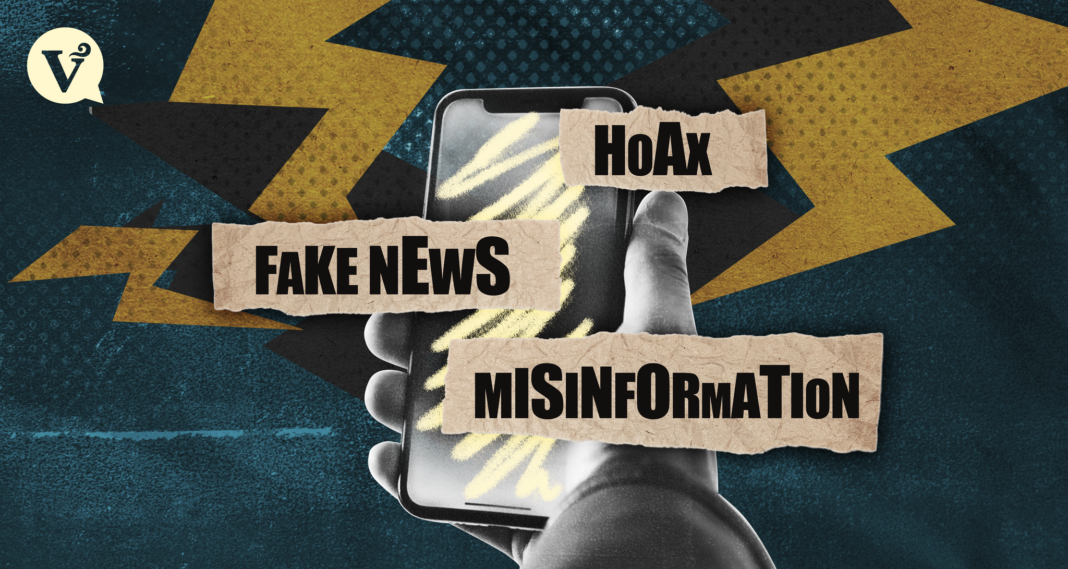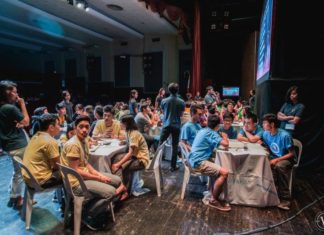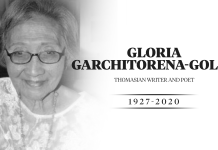 When my family had heard the news that our distant relatives had flu-like symptoms, we instantly advised them to get tested for Covid-19. It was unsurprising that they refused. I had already heard them doubting the legitimacy of the Covid-19’s threat, and claiming that hospitals were merely releasing fake positive test results to earn more money.
When my family had heard the news that our distant relatives had flu-like symptoms, we instantly advised them to get tested for Covid-19. It was unsurprising that they refused. I had already heard them doubting the legitimacy of the Covid-19’s threat, and claiming that hospitals were merely releasing fake positive test results to earn more money.
In my province, Aklan, I see people who share the same misinformed beliefs on social media. I have heard of elders still refusing to get vaccinated, even though they are on the government’s priority list for inoculation.
It was not enough for them to see patients placed in parking lots due to the insufficient bed capacity of our provincial hospital. Death was already knocking on their doors and yet it was still not enough to change their minds. I realized that our enemy is not just Covid-19, but something more virulent than the coronavirus itself—misinformation and ignorance.
We are battling a bigger pandemic that has been plaguing our country even before Covid-19. The World Health Organization (WHO) defines “infodemic” as an abundance of information, including incorrect or misleading information, in digital and physical settings during a disease outbreak.
A survey by Pulse Asia conducted from February 22 to March 3 this year showed that 61 percent of Filipinos did not want to get vaccinated against Covid-19. When I asked my friend why she and her family refused to get vaccinated, she said they had read a Facebook post claiming that the vaccine kills.
Asst. Prof. Ron Christian Sison, a public health expert from the Faculty of Pharmacy, said that most people are hesitant to get vaccinated due to the misinformation flooding social media. Flood is an understatement—Facebook in July announced that it had removed more than 20 million posts containing Covid-19 disinformation. But it is as if the purge wasn’t enough as the false claims remain prevalent today.
“There are people who have a hesitancy to the vaccine because first, they don’t understand the disease, the effect of the vaccine on them…and that they have distrust in healthcare,” Sison said.
He added that it is crucial to first build trust among people, government, and healthcare providers: the public needs to be educated that vaccinations and the individuals who provide them are trustworthy. Winning their trust will need a massive, collaborative effort on the part of government, public health authorities, and local leaders.
We have seen this happen before. Seven years ago, when the West African Ebola outbreak swept Liberia, mistrust in government and public health authorities posed a significant obstacle to halting the virus’s spread.
It is true that government is hard to trust right now amid all the corruption and lies it peddles. Hell, even our procurement of pandemic supplies is riddled with anomalies!
But as informed citizens, it is also our responsibility to educate our misinformed friends. After all, the fight against infodemic is a fight shared by everyone. As a medical technology student, I consider myself lucky that I could debunk false claims about health, diseases, and vaccines almost instantaneously as I see them. But not everyone shares the same privilege.
I myself had caught Covid-19 and experienced isolation. But thanks to being jabbed with the Sinovac vaccine, I was able to recover from what could have turned out to be something worse.
Outside of citizens’ shared responsibility, the country also needs trustworthy leaders to lead its pandemic response. As the general election nears, our call for a good pandemic response extends to those who will be put in power.















